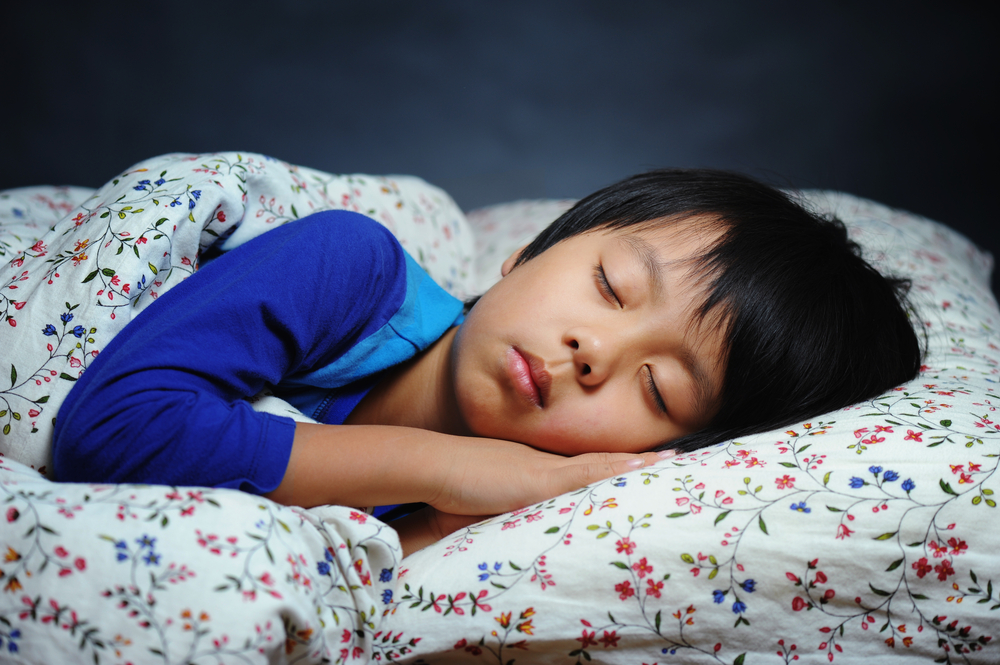We all need sleep. There’s no arguing that. But for children and teenagers, sleep plays a vital role in physical and mental growth and development. Since nighttime has often been a scary time full of trauma and unknowns, lots of foster and adoptive kids have trouble falling and staying asleep. Making good, sustained sleep a priority will set your child up for long-term health and happiness in four critical areas.
Proper Growth
Your child does most of her growing while she sleeps. The body goes through five sleep stages throughout the night, and it’s during the first of the deep sleep stages that the body releases human growth hormone. It’s released regularly throughout the night to stimulate bone, muscle, and organ growth. When your child doesn’t get enough of this sleep, she’s getting less growth hormone, which, over a long period of time, can obstruct normal growth.
Successful Social Relationships
The ability to successfully interact with others often starts with a good night’s rest. Without it, anxiety, stress, and irritability often result. Lack of sleep causes the part of the brain that processes emotions to become extra sensitive to negative thoughts and emotions. At the same time, the region of the brain responsible for applying logic to these emotions and emotions becomes less active. Children’s brains are less developed than adults, so their emotional responses are less logical than an adult’s anyway, but this is even more evident when they’re tired. Irritability and emotional outbursts due to sleep deprivation can make it difficult for children to build and maintain successful relationships with family members, friends, teachers, and others in their world.
School Performance
How well a child performs at school isn’t always a measure of his happiness, but it will likely affect how he feels about himself. In studies, sleep deprivation doesn’t affect all subject areas equally—subjects like language and math tend to suffer more than arts and science. The performance differences show up in children who aren’t getting enough sleep and those who have poor sleep efficiency. Sleep efficiency is how many hours are slept versus how many hours the child spends in bed. Adequate sleep contributes to giving a child the opportunity to reach his full academic potential.
Physical Health
Sleep, or lack thereof, can also affect the immune system. During the night, the immune system gets to work fighting off illness and recharging itself. Without enough sleep, children are more likely to get sick and stay sick longer.
Appetite can also be affected as sleep helps regulate the release of hunger and satiety hormones. Lack of sleep increases cravings and the rewards the brain receives from high-fat, sugary foods. Without a doubt, most children aren’t capable of fully regulating themselves when it comes to sugar intake, but lack of sleep will make it harder for them to exercise self-control.
Good Sleep Strategies
Getting good sleep can be tough for kids who haven’t lived an ideal life. Remember to keep their sleep needs front of mind by:
- Being patient and consistent
- Establishing a solid bedtime
- Landing on a regular bedtime routine (snacks, prayer, back-rubbing, songs, stories)
- Considering use of weighted blanket, white noise machine, night lights
You’ll be amazed at the long-term benefits of making good sleep a priority as you help your children build healthy habits that will last a lifetime!














